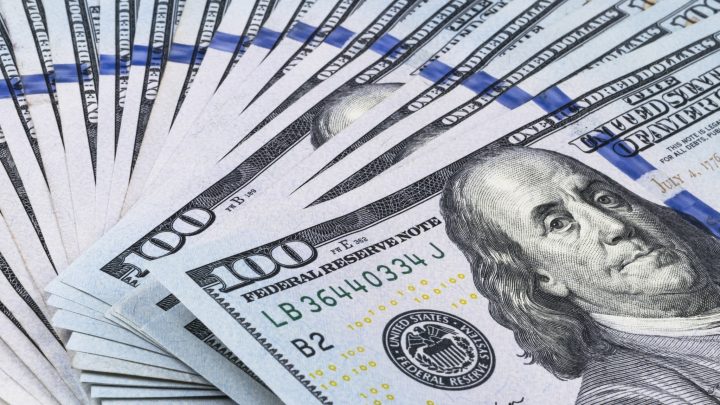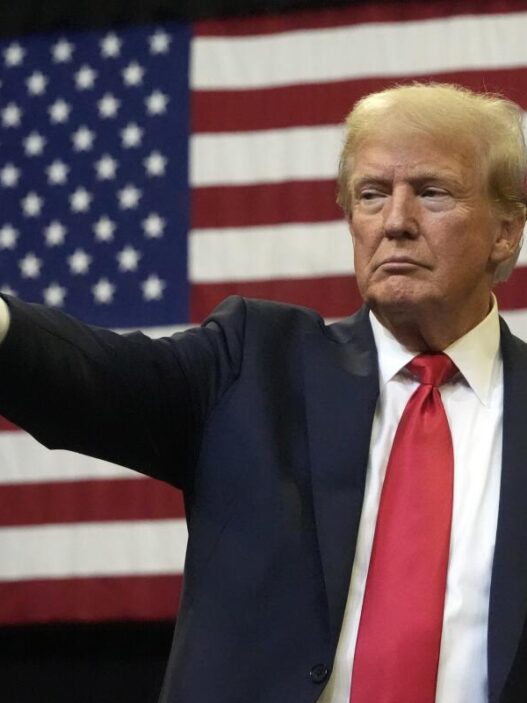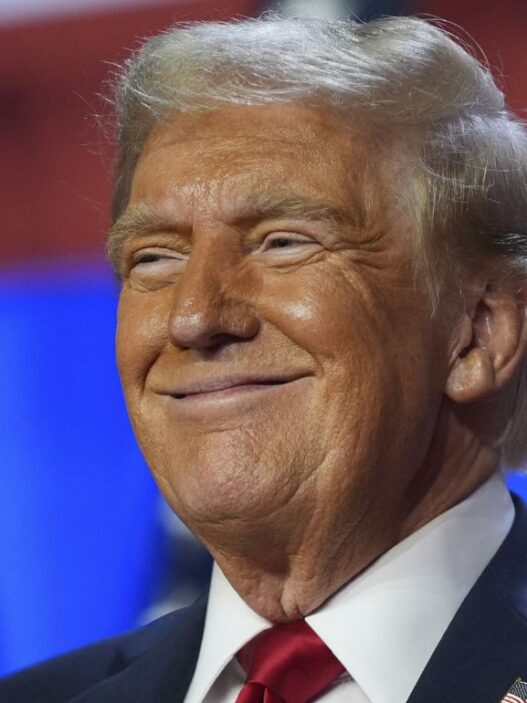What Happened?
Powered by MasterCFA.com
The US dollar’s recent rally has hit a temporary pause as markets await crucial employment data. Key developments include:
- The dollar is hovering near a three-month high
- Australia’s dollar hit a three-month low following inflation data
- Mixed US economic indicators show a loosening job market but strong consumer confidence
- Bitcoin surged near all-time highs amid speculation about the US presidential election
Why Does This Matter?
Economic Impact
The dollar’s movements have far-reaching implications for the global economy:
- Interest rate expectations are being adjusted as the US economy shows resilience
- Australia’s sticky inflation suggests delayed rate cuts
- European markets await GDP readings that could influence ECB rate decisions
- UK’s upcoming budget announcement could affect sterling’s performance
Personal and Business Effects
These currency movements directly affect various stakeholders:
- Importers and exporters face changing costs
- International investors need to reassess portfolio allocations
- Consumers may experience price changes in imported goods
- Businesses must adapt their international pricing strategies
Theoretical Concepts in Action
Key Economic Theories
Several fundamental economic concepts are at play:
- Interest Rate Parity Theory
- Explains relationship between interest rates and exchange rates
- Currently visible in dollar strength amid Fed policy expectations
- Purchasing Power Parity
- Influences currency valuations across markets
- Reflected in inflation’s impact on the Australian dollar
- Political Economy Theory
- Shows how political events affect financial markets
- Evident in market reactions to US election speculation
Real-World Applications
Historical examples demonstrate these theories:
- 1985 Plaza Accord: Coordinated intervention to adjust dollar value
- 2016 Brexit vote: Political events causing currency volatility
- 2008 Financial Crisis: Interest rate decisions affecting global currency markets
What Could Happen Next?
Potential scenarios include:
- Strong Jobs Data
- Further dollar strengthening
- Delayed Fed rate cuts
- Global currency pressure
- Weak Employment Numbers
- Dollar correction
- Earlier rate cut expectations
- Relief for emerging market currencies
Why You Should Pay Attention
Understanding currency market dynamics helps:
- Make informed investment decisions across asset classes
- Identify profitable trading opportunities
- Manage international business exposure
- Protect personal investments from currency risk
- Time international transactions effectively
Questions to Ponder
- How might changing US employment data affect global currency markets?
- What role does political speculation play in currency valuations?
- How do central bank policies in different regions interact to affect exchange rates?
- Can cryptocurrency movements predict traditional currency market trends?
Keep Learning with MasterCFA: Understanding currency market dynamics and their economic implications is crucial for any aspiring financial analyst. Master these concepts to enhance your market analysis skills and prepare for the CFA Exam. Explore more insightful articles and resources with MasterCFA to excel in your finance career.















